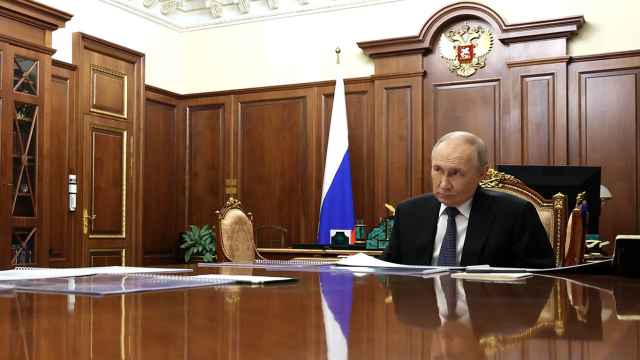Originally published by EurasiaNet.org.
An Almaty hospital has been caught trading in children, selling newborns to desperate childless parents for a few thousand dollars apiece.
The case is only the latest in a string of scandals exposing the unbridled level of graft blighting Kazakhstan’s health care system.
Prosecutors exposed the “trade in minors” at the Almaty Multidisciplinary Clinical Hospital, where health care staff were “providing intermediary services for the illegal acquisition of newborn children for various sums of money,” Dinmukhamed Serikbayev, a city prosecutor’s office official, said in remarks quoted by Tengri News on July 24.
The four suspects, who include a midwife and a nurse, allegedly sold five newborn babies for a total sum of $10,000 plus 150,000 tenge ($800) and pocketed the proceeds.
This is the second baby sale racket to be uncovered in Kazakhstan this summer. In June, two health care staff at a perinatal center in the south of the country were arrested on suspicion of selling babies for $1,000-3,000 each.
The mothers wanted to give the newborns up for adoption, but prosecutors believe health care staff bypassed all the legal niceties to make some cash on the side.
Corruption is omnipresent in Kazakhstan’s health service. Patients routinely have to pay bribes to receive services to which they are legally entitled free of charge. Doctors and nurses in the public sector pursue bribes to supplement their meager salaries, but even in private institutions staff sometimes demand extra off-the-books payments.
In one notorious episode, some 150 children were infected with HIV in hospitals in the southern city of Shymkent through transfusions of tainted blood.
The scandal, which came to light in 2006, shocked the nation and peeled back the curtain on the corruption-ridden public health care system, in which disposable syringes and drips were reused in financial scams and blood was sold for personal profit.
Originally published by EurasiaNet.org.
A Message from The Moscow Times:
Dear readers,
We are facing unprecedented challenges. Russia's Prosecutor General's Office has designated The Moscow Times as an "undesirable" organization, criminalizing our work and putting our staff at risk of prosecution. This follows our earlier unjust labeling as a "foreign agent."
These actions are direct attempts to silence independent journalism in Russia. The authorities claim our work "discredits the decisions of the Russian leadership." We see things differently: we strive to provide accurate, unbiased reporting on Russia.
We, the journalists of The Moscow Times, refuse to be silenced. But to continue our work, we need your help.
Your support, no matter how small, makes a world of difference. If you can, please support us monthly starting from just $2. It's quick to set up, and every contribution makes a significant impact.
By supporting The Moscow Times, you're defending open, independent journalism in the face of repression. Thank you for standing with us.
Remind me later.






